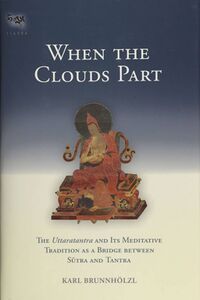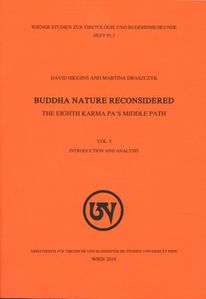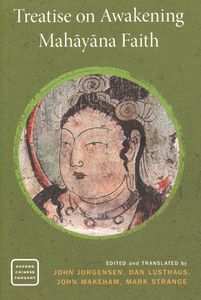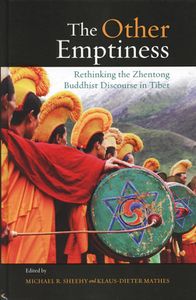Explore
Explore
Explore the subjects
Featured Content
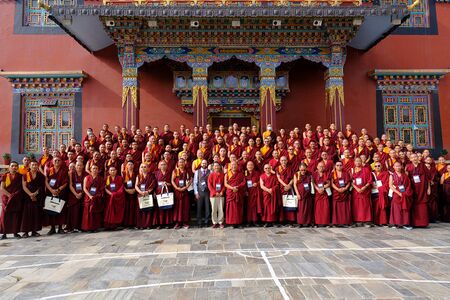
See all presentations
Karma Phuntsho
Khenpo Tenpa Tshering
Geshe Lobsang Gyatso
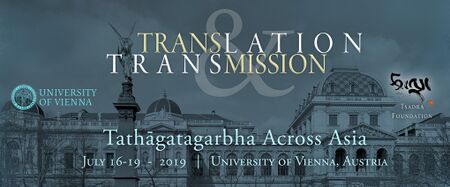
See all presentations
Klaus-Dieter Mathes
Ngawang Jorden
Jacqueline Stone

Panel Description: Continued scholarly publications, Buddhist teaching events, the recent development of online buddha-nature resources, and the associated Tathāgatagarbha symposium in Vienna in 2019 have spurred greater interest in the topic both within Tibetan Buddhist traditions and among other spiritual traditions. This panel brings together experts in an attempt to refine and deepen our understanding of buddha-nature both in terms of theoretical interpretations and practical applications in Tibetan Buddhist communities, past or present.
The main objective of the panel focuses on the interplay between points of doctrine and the practice of the path from the perspective of various Tibetan traditions and scholars. Contributions examine the interpretations of doctrines of tathāgatagarbha originally found in Indian scriptural sources. The methodological approach of these contributions range from historical-philological investigations to ethnographic research and comparative analysis.
See all presentations
Christopher Jones
Casey Forgues
Yaroslav Komarovski
The writer-in-digital-residence is the recipient of a grant designed to support Tsadra Foundation’s Buddhist literacy projects that connect the larger public with academic research and advance understanding of specific aspects of Tibetan Buddhist traditions. Writers help to curate this online resource and write essays on the history, philosophy, and practices associated with buddha-nature teachings and tathāgatagarbha theory in Tibet. These essays are addressed to an audience of educated readers of Buddhist materials and Buddhist practitioners.
Lopen (Dr) Karma Phuntsho is one of Bhutan’s leading intellectuals. He has finished monastic training in Bhutan and India before he pursued a M.St in Classical Indian Religions, and D.Phil in Oriental Studies at Balliol College, Oxford. He was a researcher at CNRS, Paris, a Research Associate at Department of Social Anthropology and the Spalding Fellow for Comparative Religion at Clare Hall, Cambridge University, and Research Consultant at University of Virginia. An author of over hundred books and articles including the authoritative History of Bhutan and Mipham’s Dialectics and the Debates on Emptiness, he speaks and writes extensively on Bhutan and Buddhism. Read a complete bio.

